
Status Quo are a British rock band that formed in 1962. The group originated in London and was founded by Francis Rossi and Alan Lancaster while they were still schoolboys. After a number of name and lineup changes, which included the introduction of John Coghlan in 1963 and Rick Parfitt in 1967, the band became The Status Quo in 1967 and Status Quo in 1969. As of 2022, the group have been active for 60 consecutive years.
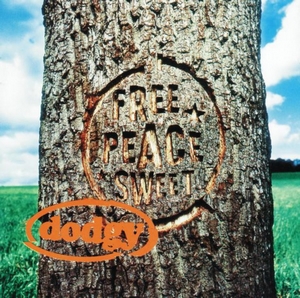
Free Peace Sweet is the third studio album by English rock band Dodgy. It was released on 17 June 1996 through A&M Records. Following frequent touring in the support of their second studio album Homegrown (1994), the band recorded its follow-up in Wessex Sound Studios in London with producer Hugh Jones. Additional recording was later done at Battery and Orinoco Studios. Free Peace Sweet is a Britpop album that draws influence from the works of Beastie Boys, Crosby, Stills & Nash and Dr. John.
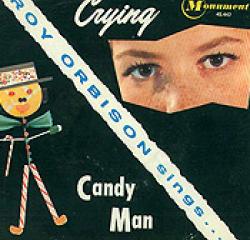
"Crying" is a song written by Roy Orbison and Joe Melson for Orbison's third studio album of the same name (1962). Released in 1961, it was a number 2 hit in the US for Orbison and was covered in 1978 by Don McLean, whose version went to number 1 in the UK in 1980.
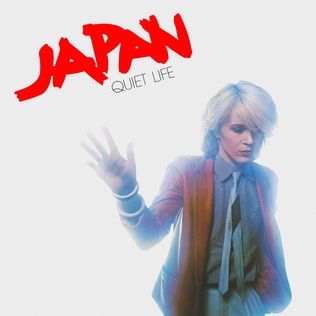
Quiet Life is the third studio album by English new wave band Japan, first released on 17 November 1979 in Canada by record label Hansa.
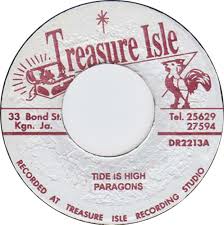
"The Tide Is High" is a 1967 rocksteady song written by John Holt, originally produced by Duke Reid and performed by the Jamaican group the Paragons, with Holt as lead singer. The song gained international attention in 1980, when a cover version by the American band Blondie became a US and UK number one hit. The song topped the UK Singles Chart again in 2002 with a version by the British girl group Atomic Kitten, while Canadian rapper Kardinal Offishall had a minor hit with his interpretation in 2008.
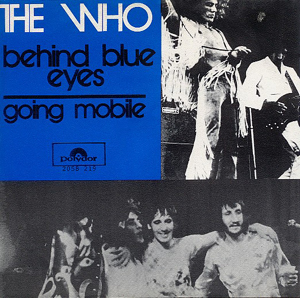
"Behind Blue Eyes" is a song by English rock band the Who. It is the second single from the band's fifth album, Who's Next (1971), and was originally written by Pete Townshend for his Lifehouse project. The song is one of the Who's best-known recordings and has been covered by many artists, including Limp Bizkit.
This discography lists the key British and notable international releases of The KLF and the other pseudonyms of Bill Drummond and Jimmy Cauty. It also details the other releases on their independent record label, KLF Communications, by KLF-spinoff Disco 2000 and Space. In the United Kingdom—their home country—Drummond and Cauty released six albums and a wide array of 12 " singles on KLF Communications. In other territories their material was typically issued under licence by local labels.

"Get Down on It" is a 1981 song by American band Kool & the Gang. It was originally released on their Something Special album in 1981. The single was certified Gold by the RIAA.
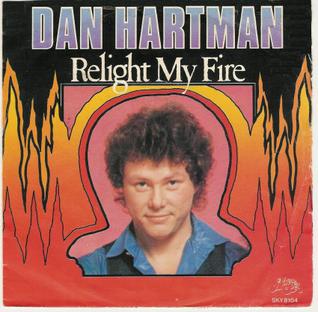
"Relight My Fire" is a popular disco song written and released by American musician, singer, songwriter, and record producer Dan Hartman as the title track from his 1979 album of the same name. It was also performed by Costa Anadiotis' band Café Society in 1984 and British boy band Take That in 1993, five months before Hartman died.
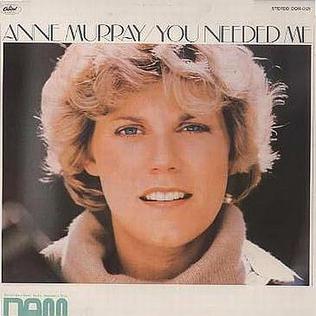
"You Needed Me" is a song written by Randy Goodrum, who describes it as being about "unconditional undeserved love". It was a number one hit single in the United States in 1978 for Canadian singer Anne Murray, for which she won a Grammy Award. In 1999, Irish pop band Boyzone recorded a hit cover of the song that hit number one on the UK Singles Chart.

"The International Language of Screaming" is the second single from Super Furry Animals' album Radiator. It reached #24 on the UK Singles Chart on its release in July 1997.
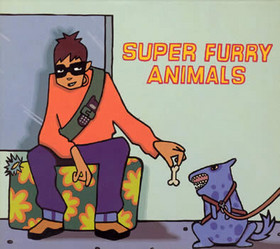
"Play It Cool" is the third single from Super Furry Animals' album Radiator. It reached number 27 on the UK Singles Chart on its release in September 1997.
"Down the Dustpipe" is a song written by Australian singer-songwriter Carl Groszmann, and recorded by Status Quo.
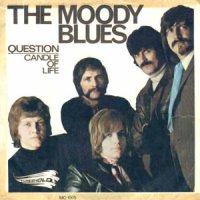
"Question" is a 1970 single by the English progressive rock band the Moody Blues. It was written by guitarist Justin Hayward, who provides lead vocals. "Question" was first released as a single in April 1970 and remains their second highest-charting song in the UK, reaching number two and staying on the chart for 12 weeks. The song reached number 21 on the Billboard Top 40 in the USA. It was later featured as the lead track on the 1970 album A Question of Balance. The single also features the song "Candle of Life" on its B-side, which was from the Moody Blues' previous album To Our Children's Children's Children.
"Paper Plane" is a rock song originally by Status Quo. It was released as a single on 10 November 1972, reaching number 8 in the UK Singles Chart, and appeared on their album, Piledriver. The song was written by Francis Rossi and Bob Young.
Nevada were a British folk/progressive rock band and a spin-off from Renaissance, featuring Annie Haslam on vocals and Mick Dunford on guitar. Their Christmas single, "In the Bleak Midwinter", reached the lower edges of the UK singles chart in 1983.
"Jam Side Down" is a single released by the British rock band Status Quo in August 2002. It was included on the album Heavy Traffic. The song reached number 17 on the UK Singles Chart and number 12 in Scotland. Status Quo made a video of this song together with the Royal Navy, on board the aircraft carrier HMS Ark Royal escorted by destroyers.
"Roll Over Lay Down" is a song by the British Rock band Status Quo that was first released on the album Hello! in 1973.

"Night Games" is a song by British singer Graham Bonnet released as a single in March 1981 from his third solo album Line-Up. It peaked at number 6 on the UK Singles Chart.












